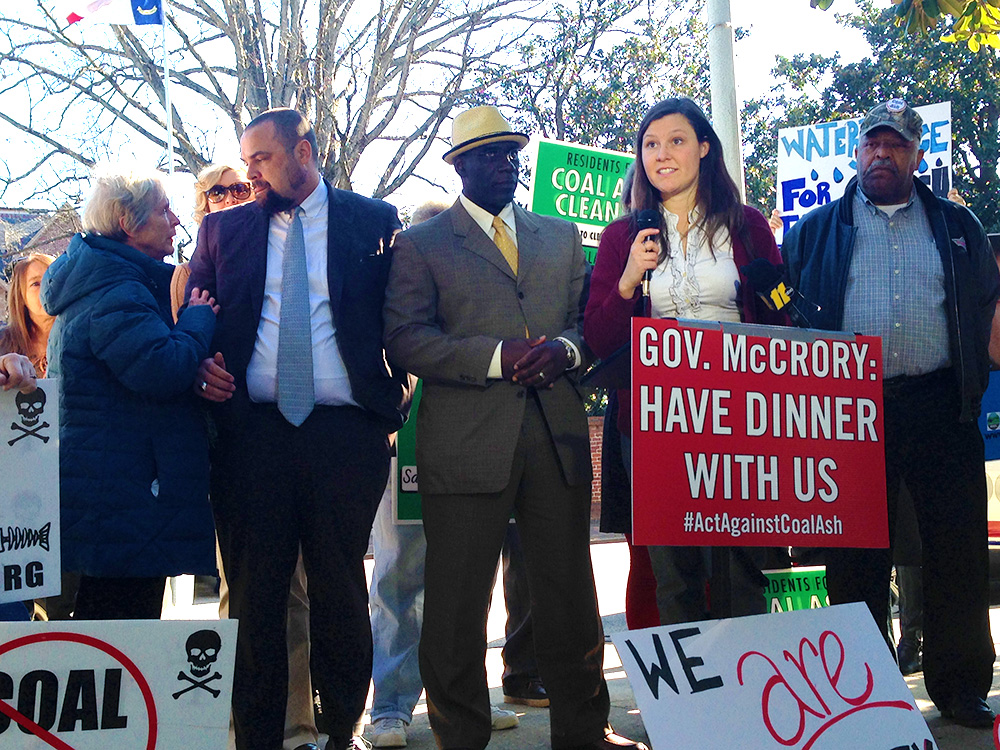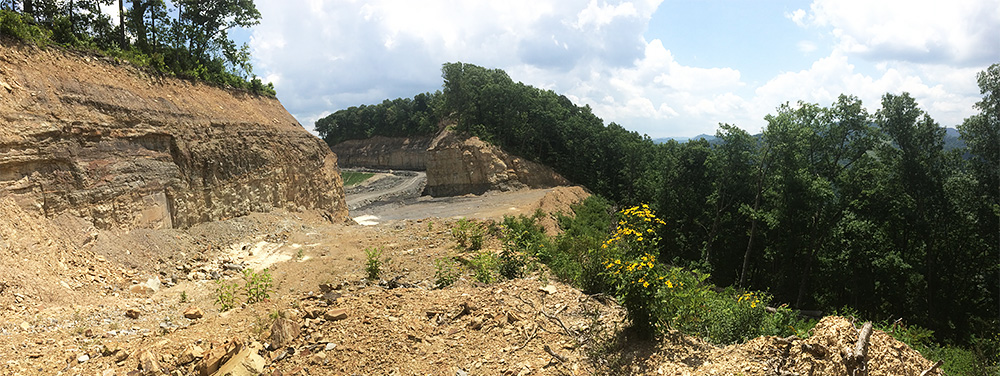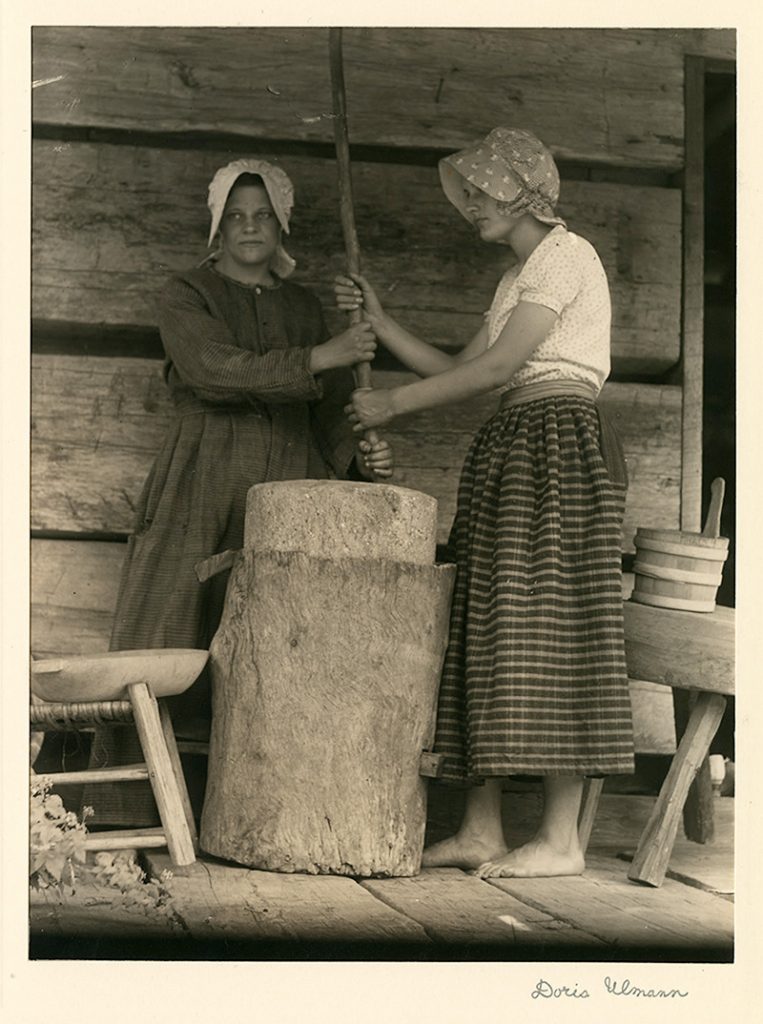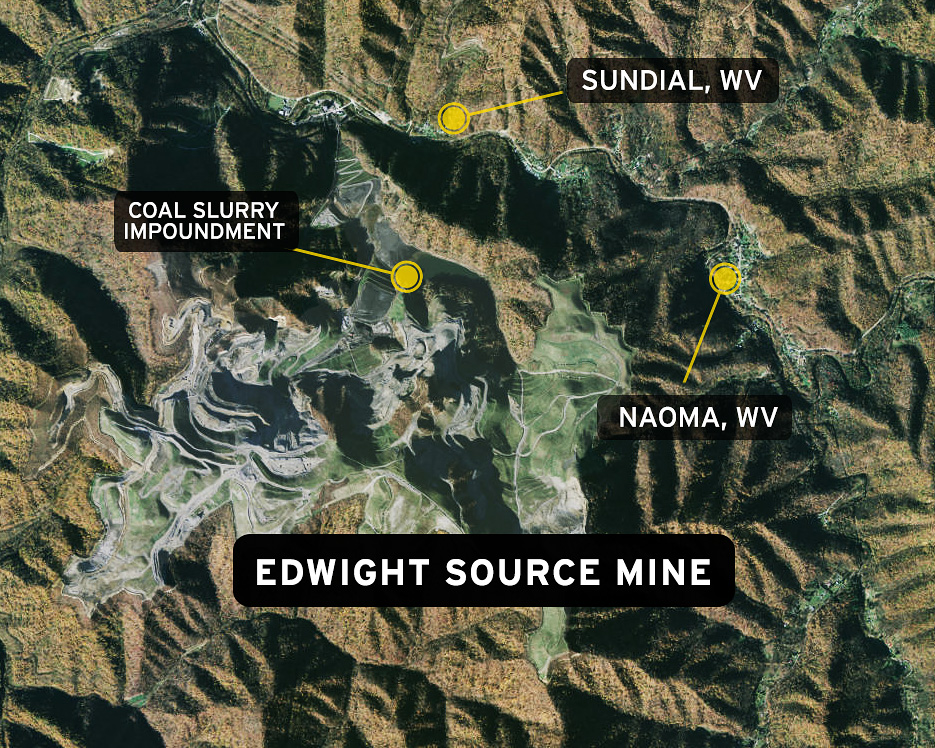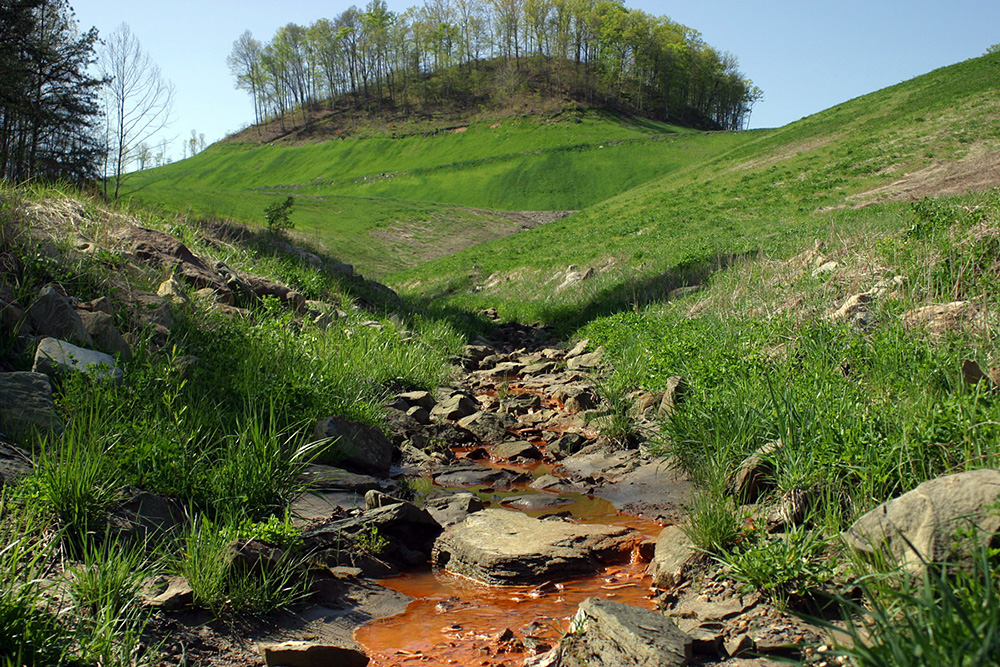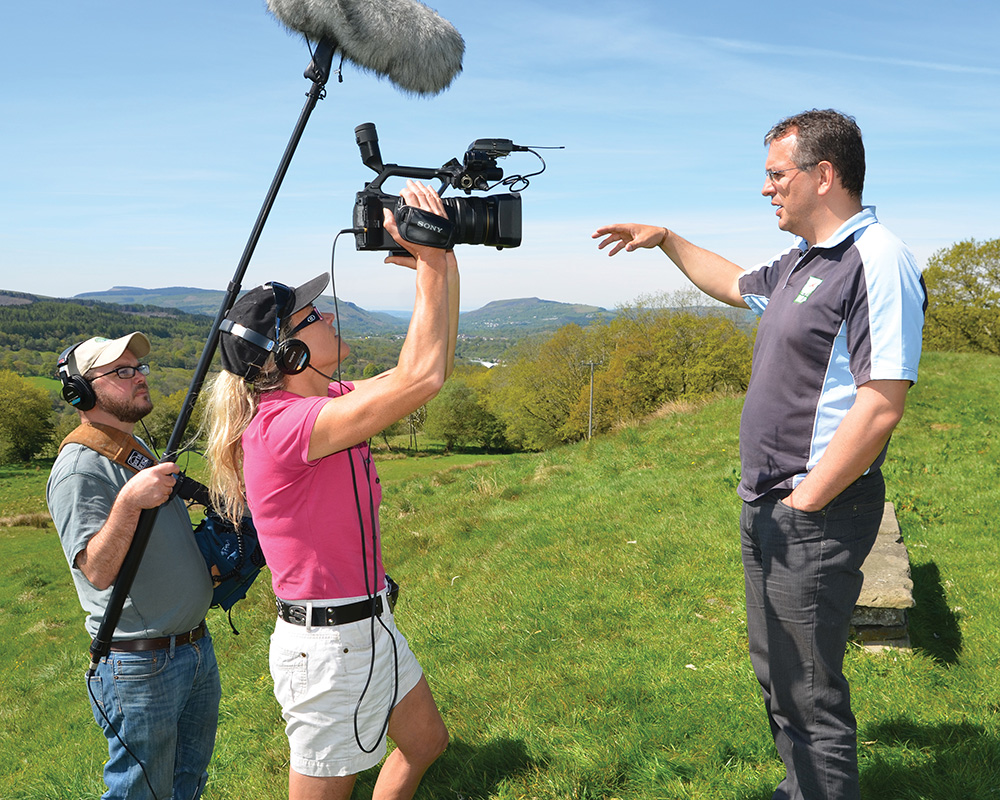The Appalachian Voice
N.C. Citizens Affected By Coal Ash Speak Out
North Carolinians affected by coal ash formed the Alliance of Carolinians Together (ACT) Against Coal Ash statewide coalition, and we’ve been joining the new organization at events across the state.
Read MoreKentucky Resident Challenges Coal Company’s Right to Mine
Not On My Land By Tarence Ray For weeks Phillip Johnson lay in bed and listened to them tear up his land. “To be honest with you, it was about the worst thing I ever experienced,” Johnson recounts. “Them ripping and tearing the rock up there with an excavator, nothing you could do about it.…
Read MoreOut of Frame: Regional Stereotypes in Photography
By Lou Murrey Earlier this year, a photo essay published by Vice Magazine titled “Two Days in Appalachia” provoked controversy over the portrayal of the region in the media. The images were made in the photographer Bruce Gilden’s signature style, using a harsh flash and zooming in on his subject to an almost-uncomfortable and unflattering…
Read MoreWest Virginia Communities Still at Risk Despite Idled Mines
West Virginia communities, including Naoma and Sundial are still dealing with problems related to mountaintop removal coal mining. Toxic coal slurry impoundments, increased blasting and diminished water quality are among the challenges facing such communities at risk.
Read MoreDocumenting Appalachia
Filmmakers Discuss Their Work in the Region By Elizabeth E. Payne It has been almost forty years since “Harlan County, USA” (1976) brought attention to the miners’ strike at the Brookside Mine in southeast Kentucky. Since then, dozens of films, including “Justice in the Coalfields” (1995), “Sludge” (2005) and “The Last Mountain” (2011), have explored…
Read MoreWide-Angle: Contemporary Photography
Broadening our view of Appalachia Compiled by Melanie Harsha, Lou Murrey and Molly Moore Ed Shepard has owned a gas station in the town of Welch, W.Va., for over sixty years. A prominent local figure, Shepard is depicted in the mural behind him. Spangler says, “He was telling me what was in place in the…
Read MorePowering Up: Diversifying central Appalachia’s economy
As coal production continues to decline, many citizens and groups in Central Appalachia are working hard to find new avenues for economic diversification.
Read MoreSumac: A Winter Spice
The bright red berries of the sumac plant add color to the winter landscape. While poison sumac has earned a bad reputation, other varieties of the plant have a long and multicultural history of use, including as a spice and as a dye or tanning agent.
Read MoreHow Congress Controls Regional Spending
The federal appropriations process determines how much funding is allocated to specific agencies, and could have big implications for efforts to protect Appalachian streams from mining and efforts to support a more diverse and sustainable regional economy.
Read More“After Coal,” Beyond the Big Screen
By Samantha Eubanks Appalachia has long been misrepresented in media. As a result, many filmmakers working in the region have made a push to ensure accurate portrayals of community members. One way the filmmakers are doing this is by including the input and feedback of documentary participants. In “Hollow,” a 2013 Peabody award winning interactive…
Read More
